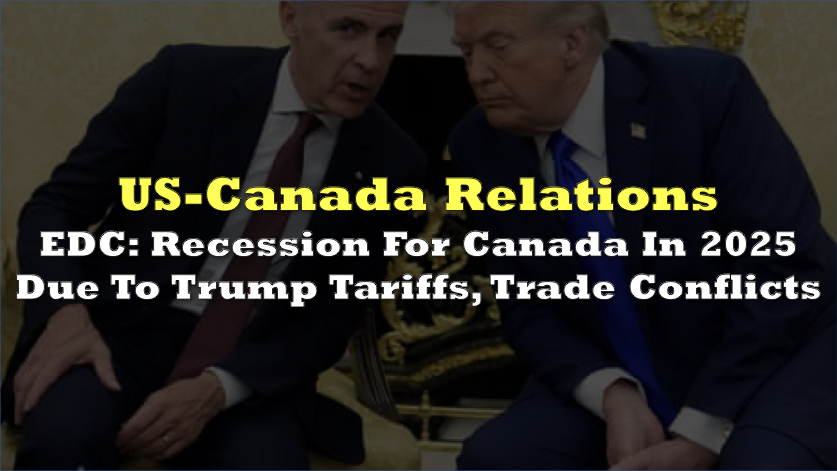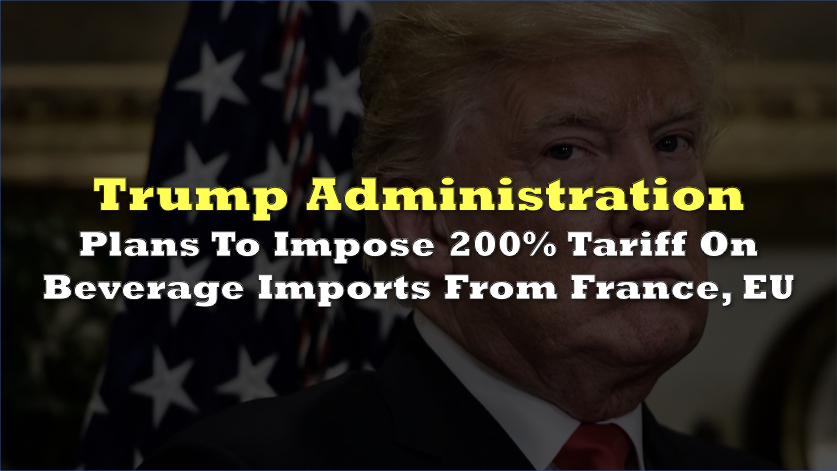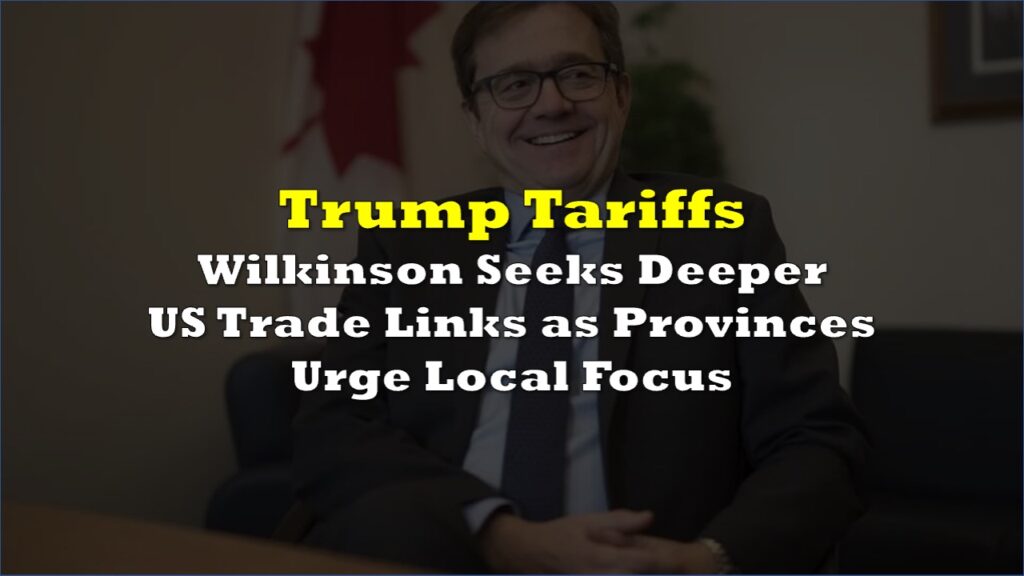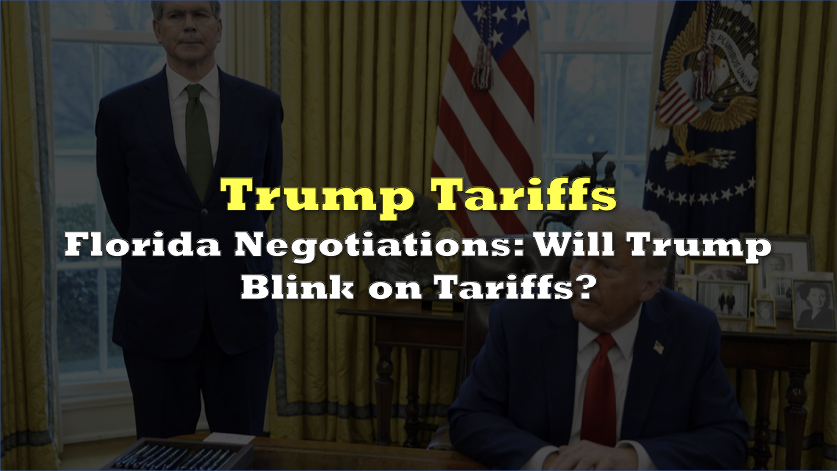Export Development Canada says the country will enter a technical recession in 2025, citing President Donald Trump’s tariffs as the primary shock that has slowed trade, raised unemployment, and curtailed investment.
EDC’s forecast shows Canada eking a 0.9% GDP growth, underperforming both the US (1.7%) and the developed-economy average (1.3%), while still faring better than Germany (0.3%) and France (0.6%). The agency expects the developing world to grow 3.8%, lifting global growth to 2.7%.
“Trade tensions have destabilized the foundations for the global economy,” EDC chief economist Stuart Bergman wrote in the quarterly report.
Canada’s key trade conflict is with the US, where Trump has imposed hefty tariffs on steel, aluminum, copper products, motor vehicles and parts, and lumber. Non-CUSMA-compliant exports face a 35% tariff. China has also retaliated with duties on canola, pork, and seafood, compounding the hit to Canadian exporters.
EDC reports that the tariff shock translated into rising unemployment and lower business investment in machinery and equipment. A temporary export surge earlier this year reflected stockpiling before the tariffs took effect, not fundamental demand. The picture worsened as crude oil prices fell 15% over the past 12 months, squeezing Canada’s energy-heavy economy.
Statistics Canada also reported the unemployment rate at 7.1% in September, unchanged month-over-month. Year-to-date, the rate is up 0.5 ppt and now at its highest in more than four years, consistent with recessionary conditions.
Beyond the immediate tariff hit, EDC flags structural drags that will hamper medium-term growth: slowing population growth, weak productivity tied to limited capital investment, and high household debt.
On policy, CIBC deputy chief economist Benjamin Tal says the economy will be “very vulnerable” over the next three to six months and expects the Bank of Canada to cut 25 bps later this month and another 25 bps before year-end.
“The economy is not strong by any sense of the imagination,” Tal underscored.
The outlook ratchets up pressure on Prime Minister Mark Carney’s government to secure a US trade deal and to consider near-term growth supports. Since April, Ottawa’s focus has been on structural fixes: ports, rail and possibly pipelines, income tax reductions, defence outlays, and eliminating the consumer portion of the carbon tax.
Public opinion reflects this split mandate as voters approve of long-term repair but increasingly want immediate relief as jobs soften and investment stalls. That urgency will frame fiscal choices in the early-November federal budget, where, as Tal cautions, finding short-term stimulus that also advances long-term productivity will be difficult.
The EDC call aligns with numerous slowdown warnings, including TD Economics, Deloitte Canada, and Capital Economics. Royal Bank, Scotiabank, and the OECD foresee a softening without outright recession.
Information for this story was found via National Post and the sources and companies mentioned. The author has no securities or affiliations related to the organizations discussed. Not a recommendation to buy or sell. Always do additional research and consult a professional before purchasing a security. The author holds no licenses.









